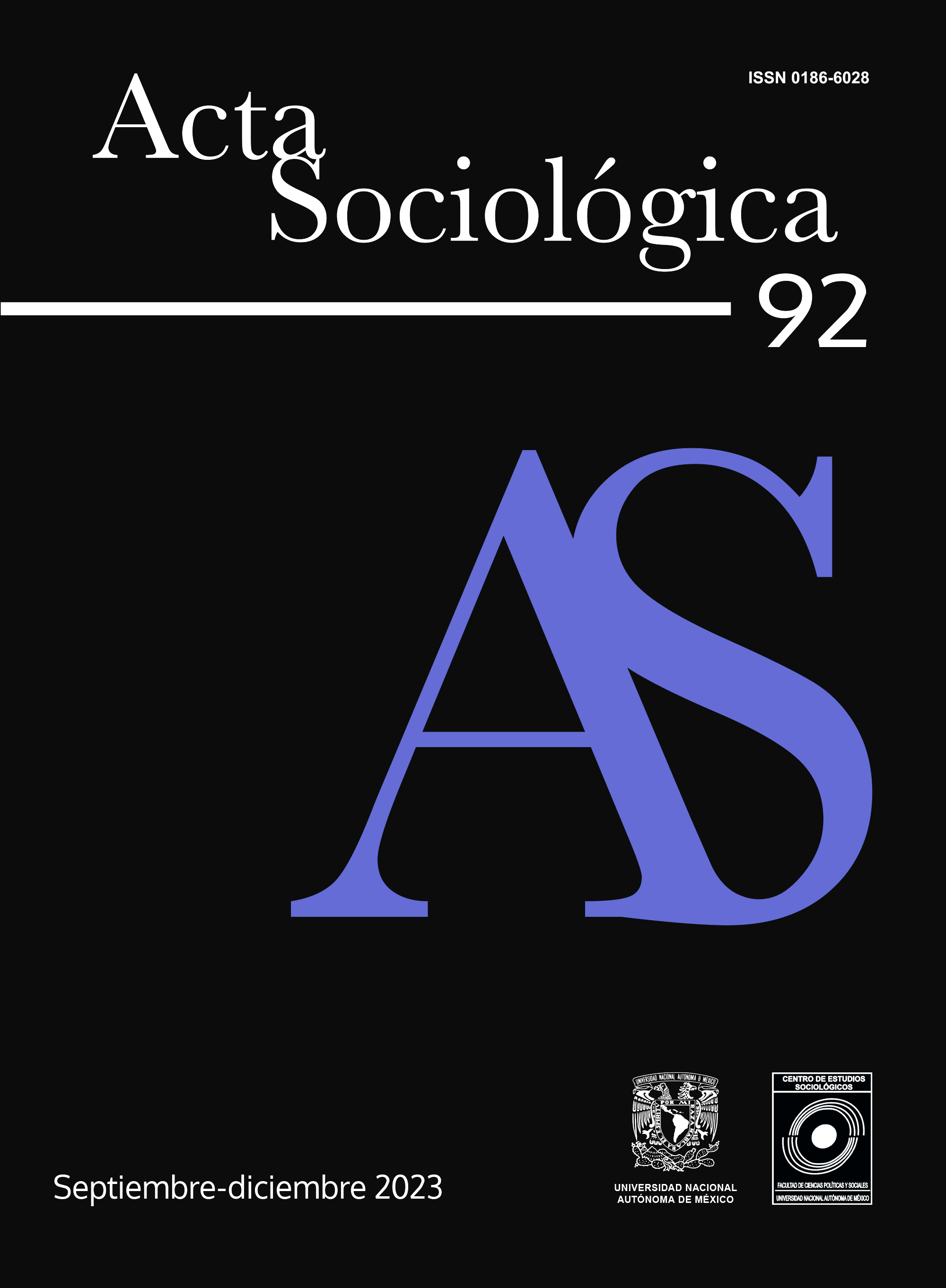Do Mexicans want a secular State? A typology of attitudes towards secular policies in four groups of religious self-identification
Main Article Content
Abstract
Secularism (laicidad) in Mexico has been characterized by its anticlerical origin, liberal-radical ideology, and inclination for strict legal surveillance and control of religious expressions. Some authors report that such secularism is increasingly accepted among Mexicans. However, the high rates of religious affiliation in the country and the ambiguity of the statistical indicators used so far suggest that these claims may not be completely accurate. In this paper I problematize whether Mexicans agree with the model of secularism instituted in the country, looking at its specific policies. Using multivariate analysis techniques and data from the ENCREER/RIFREM 2016, I classify Mexicans’ attitudes towards secularism, breaking them down into four groups of religious self-identification: Catholics; Protestants/Evangelicals, Biblical, and Non-religious. I propose that among the study subjects there are four typical attitudes: 1) partial or strategic adherence, 2) systematic opposition, 3) “free market”, and 4) greater support. The group most opposed to Mexican secularism represented almost half of the sample 48%, while only 7% belonged to the subgroup most supportive of this type of regime. Beyond the acceptance of secularism, I argue that these results suggest its polysemy, as well as different ways of imagining religion in the public sphere.
